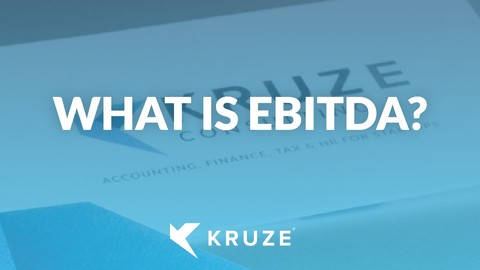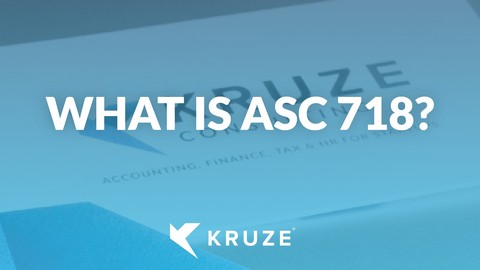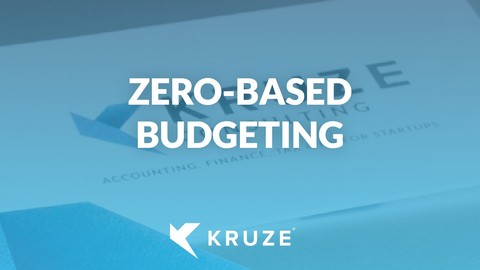The Top 3 Crypto Accounting Software Providers
Our CPA team ranks the top 3 crypto accounting software vendors for startups.
Cryptocurrencies and crypto assets continue to grow at an astounding rate. Time estimated in November 2021 that the cryptocurrency market exceeded $3 trillion. That growth means crypto is being adopted more and more at many startups and early-stage companies, both for use in transactions and as an investment, and companies need software to track and book crypto transactions for accounting purposes.
How is crypto handled by startup accountants?
Digital assets create some unique accounting requirements. Under generally accepted accounting principles (GAAP), crypto assets are currently considered an intangible asset on balance sheets. Purchases of crypto are recorded at their initial price as the cost basis, and any reduction of value (impairment) must be recorded. However, any appreciation is not recorded. So over time, though the value of the crypto can fluctuate, only declines are recorded. That could potentially understate a company’s true value, and can be confusing to management and prospective investors.
When crypto is sold or used to pay a vendor or contractor, the transaction is recorded as a sale and the company recognizes a capital gain or loss. Companies using crypto need to identify how long the assets have been held to distinguish between short- and long-term capital gains or losses.
Beyond capital gains and losses, other crypto events can produce income, which may need to be included in your revenue and taxed as income. If you are paid in a cryptocurrency, the fair market value of the crypto payment is considered ordinary income. Crypto mining allows companies to collect rewards by helping to create new units of digital currency. If your startup does crypto staking, which is allowing some of your crypto assets to be held to help verify transactions, you may earn returns. The concept is similar to keeping funds on deposit in a bank and earning interest (of course, with crypto there is no FDIC insurance!). All these events can be taxed as income.
Complexities unique to crypto accounting
Or, why crypto accounting needs software help!
Crypto assets are stored in wallets, and although multi-currency wallets exist, different types of crypto currencies may need to be kept in separate wallets. In addition, if you’re using crypto for business transactions, you will probably need to set up wallets for making payments and another for accepting payments. If you’re holding crypto as an investment, you’ll need a separate wallet for that.
Wallets can be held by exchanges, by custodial accounts, or directly on blockchains:
- Crypto exchanges are marketplaces where individuals or companies can buy and sell digital currencies like Bitcoin, Ethereum, and Dogecoin. Exchanges include Coinbase, Binance, Gemini, Kraken, and more.
- Crypto custodial accounts are administered for individuals or companies by a third party, typically one of the crypto exchanges, but there are also companies that specialize in crypto custodial accounts, like Fireblocks, BitGo, and others. These function more like bank accounts and allow easier access to funds.
- Blockchain wallets are cryptocurrency wallets that are set up by an individual user to store and manage crypto assets and aren’t part of an exchange.
Because of the accounting complexities of crypto-related transactions, crypto accounting software needs to:
- Integrate with the major cryptocurrency exchanges and custodians.
- Interface with multiple wallets, regardless of where the wallets are, to track digital assets.
- Record the cost basis details, track market rates, capture transaction fees, and perform gain/loss calculations for each transaction.
- Track the aforementioned crypto transactions back to the accounting software, and includ the counterpraty, assign the transaction to the correct chart of accounts.
- Export the digital asset data into standard accounting software like Quickbooks.
- Provide integrated reporting for management, so that founders, boards, and investors have a clear picture of the true current value of any crypto assets and the company as a whole.
The Best Crypto Accounting Software
Comparing the best cryptocurrency and web3 accounting software, there are currently three primary players we see offering most of the functionality experienced accountants need to close the books and prepare tax returns. These crypto accounting software providers are Cryptio, Tactic and (update Jan 2023: Coinbooks is going to not service startups anymore!). These, and a handful of other players in the market, are rapidly innovating and improving their products. We may have discounts available for startups looking to sign up with these providers - contact us and find out!
Cryptio vs Tactic vs Coinbooks
| Cryptio | Tactic | Coinbooks | |
|---|---|---|---|
| Works with Startups | Yes | Yes | No |
| Syncs with QuickBooks Online | Yes | Yes | Yes |
| Gain/Loss Reporting | Yes | Yes | Yes |
| Supported Exchanges | Binance, Bitfinex, Bittrex, Coinbase, Coinbase Commerce, Coinbase Prime, Coinbase Pro, FTX, FTX OTC, FTX US, Gemini, HitBTC, Kraken | Coinbase, Anchorage, Gemini | FTX, Coinbase, Kraken, Binance, Independent Reserve, and Anchorage |
| Supported Chains | Avalanche, Binance, Bitcoin, Cardano, Ethereum, Filecoin, Litecoin, Near, Polygon, Texos | ETH, Polgyon | Solana, Eth, Polygon, Bitcoin, Avalanche, Polkadot, Kusama, Kadena, Wax, Celo, Arbitrum, Dogecoin, several others |
| NFT Support | No | Yes | Yes |
Review your options with a startup accounting professional
At Kruze Consulting, we currently have clients successfully using two crypto accounting software vendors: Cryptio, and Tactic (note that some of our execs invested a modest amount into Tactic - we really, really want to see this problem solved!). We’re also evaluating other new systems like Multis, which started as a multisignature wallet system but somehow now has a credit card, Gilded, which has both some crypto accounting plus some payments functionality. We did like Coinbooks, which supports a number of exchanges and chains - but they have told us that they are leaving the startup market, so will not be a good solution for startups. Many providers offer free trials, which may be a good way to assess the software and see if it meets your needs.












